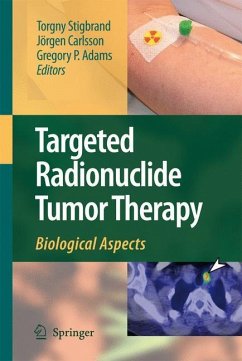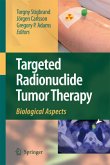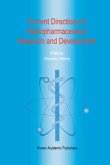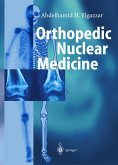The last three decades have provided opportunities to explore the potential of treating malignant diseases with antibodies or other targeting molecules labelled with nuclides. While considerable advances have been reported, there is still a signi- cant amount of work left to accomplish before our ambitions can be achieved. It now seems timely to review the accomplishments achieved to date and to clarify the challenges that remain. The choice of radionuclide, the conjugation p- cedure employed, and the selection of suitable targets were early issues that were faced by our field that still persist, however we can now tackle these obstacles with significantly better insight. The expanding array of new targeting molecules (recombinant antibodies, peptides and agents based upon alternate scaffolds) may increase the therapeutic efficacy or even modify the radiation sensitivity of the targeted tumor cell. The title of this book "Targeted Radionuclide Tumour Therapy - Biological Aspects"was selected to reinforce the concept that a major focus of this volume was devoted to understanding the biological effects of targeting and radiation. These important issues have not previously been the primary focus in this context. Furthermore, our rapidly expanding knowledge of different types of cell death and the increasingly likely existence of cancer stem cells suggests to us that even more efficient approaches in targeting might be possible in the future.
From the reviews:
"This book is devoted to understanding the biological aspects of targeted radiotherapy and discusses in depth the various targeting agents as well as the radiopharmaceuticals used in targeted therapy. ... Physicians, physicians in training, and physicists who use radionuclide targeted agents in the specialties of radiation oncology, medical oncology, and nuclear medicine are the intended audience. ... Overall this is a very informative book for physicians particularly interested in the biological aspects of targeted radiotherapy." (James G. Douglas, Doody's Review Service, November, 2009)
"This book is devoted to understanding the biological aspects of targeted radiotherapy and discusses in depth the various targeting agents as well as the radiopharmaceuticals used in targeted therapy. ... Physicians, physicians in training, and physicists who use radionuclide targeted agents in the specialties of radiation oncology, medical oncology, and nuclear medicine are the intended audience. ... Overall this is a very informative book for physicians particularly interested in the biological aspects of targeted radiotherapy." (James G. Douglas, Doody's Review Service, November, 2009)








